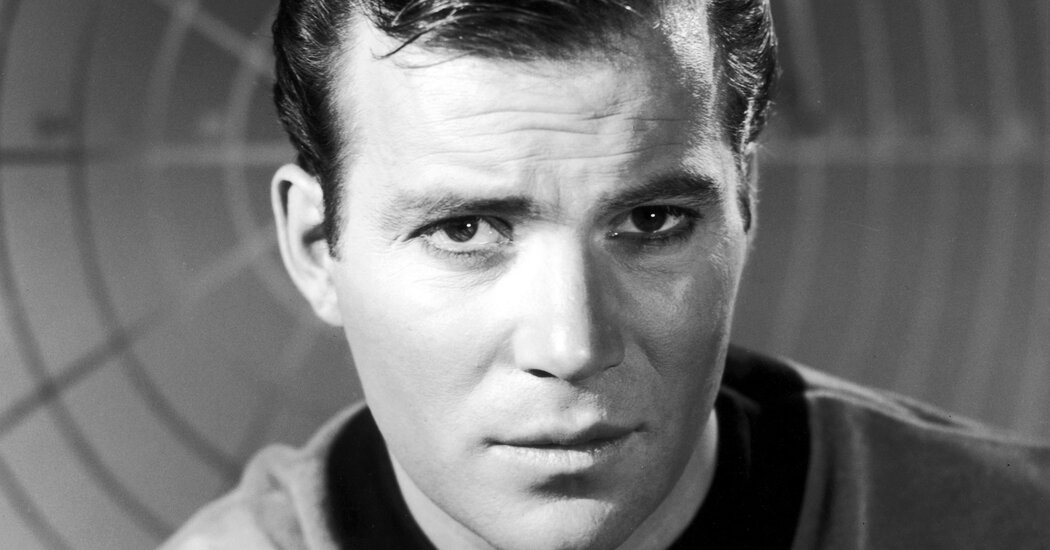
Mr. Branson and Mr. Bezos have made the billionaire space race more literal and personal, and often speak in dreamier language. Mr. Branson launched first, in July, and Mr. Bezos followed days later. Speaking “to all the kids down there” from the edge of space, Mr. Branson said, “if we can do this, just imagine what you can do.”
Mr. Bezos, after landing, said simply, “Best day ever!”
In front of assembled press, he made an attempt to convey a sense of collectivity, or at least humility. “I want to thank every Amazon employee and every Amazon customer because you guys paid for all this,” he said. He was clearly moved, and his performance was earnest, but it also resulted in a backlash that, from perhaps any other perspective in the world, would have been easy to anticipate. “Amazon workers don’t need Bezos to thank them. They need him to stop union busting — and pay them what they deserve,” wrote the former secretary of labor Robert Reich on Twitter.
In all of these excursions, there has been an overt or implicit message: That the billionaire space is about opening up spaceflight — or, sometimes, “tourism” — to wider groups of people. You can reserve tickets to space already, and a few people have now been able to use them.
The techno-optimism of that idea — that some of today’s toys for the wealthy will one day be taken for granted by millions — is not without precedent. But it’s also recognizably a product pitch as well as an insistent attempt to assure the public that things aren’t just what they look like today, which is the ultrarich selling flights to space to the slightly less rich. Appeals that the private space industry of the United States is the country’s best hedge against growing space programs in other countries double, even for those who find them persuasive, as sour reminders of general national institutional decline.
In these early stages, the billionaires’ pitches about their roles in space are still constantly adjusting, never quite aligning even when they overlap. Sometimes they’re running companies developing lines of business. Sometimes they’re enjoying some jocular teasing with a few of their peers. Their messaging pulls in history and tropes, science and fiction, nostalgia and wild speculation. Space is a refuge, a frontier, or an untapped market; Earth must be saved, or escaped, or writ large across the cosmos.
In a conference last year, Mr. Musk summarized one of his longtime pitches: “If there’s something terrible that happens on Earth, either made by humans or natural, we want to have, like, life insurance for life as a whole. Then, there’s the kind of excitement and adventure.”






